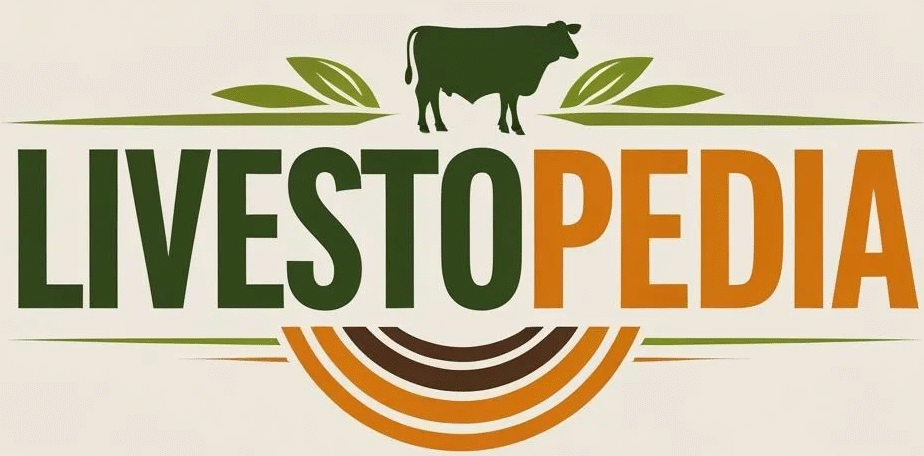When starting a turkey farming venture, one of the first strategic decisions is whether to prioritize meat production or egg production.
While most commercial turkey operations focus on meat due to higher market demand and faster turnover, there is also a niche but profitable market for turkey eggs.
Understanding the differences in production cycles, profitability potential, and market dynamics can help farmers choose the path that best aligns with their resources and goals.
Meat production is the most common focus in turkey farming, with breeds such as the Broad Breasted White and Broad Breasted Bronze dominating the industry. These birds grow rapidly, reaching market weight in four to five months under optimal conditions, which allows for multiple production cycles each year.
Meat-focused operations benefit from strong seasonal demand, particularly around holidays such as Thanksgiving and Christmas in Western countries, but also maintain steady year-round markets in regions where turkey meat is a regular dietary choice.
However, meat production requires significant investment in feed, housing, and health management, as rapid growth demands high-protein diets and careful environmental control.
In contrast, turkey egg production caters to a smaller but distinct market, often driven by specialty baking, gourmet cooking, and breeding purposes.
Turkey eggs are larger than chicken eggs, with richer flavor and higher nutritional content, but they are produced in far smaller quantities, typically only 100 to 120 eggs per hen per year, compared to over 300 from most laying hens.
Because of their rarity, turkey eggs can command premium prices, sometimes three to five times higher than chicken eggs. However, profitability depends heavily on access to niche buyers, as mainstream retail outlets rarely stock them.
Farmers considering egg production must also account for the longer maturity period of turkeys compared to chickens.
Hens generally begin laying at around seven to eight months of age, meaning the first year’s production will be delayed. Additionally, turkey hens have a strong brooding instinct, which can interrupt laying cycles unless managed.
Meat production, on the other hand, offers a quicker return on investment but requires steady marketing to manage seasonal price fluctuations.
Farmers with reliable demand from restaurants, bakeries, or specialty food stores may find turkey eggs highly profitable despite the smaller scale.
Those seeking a larger market base and faster cash flow will likely favor meat production.

